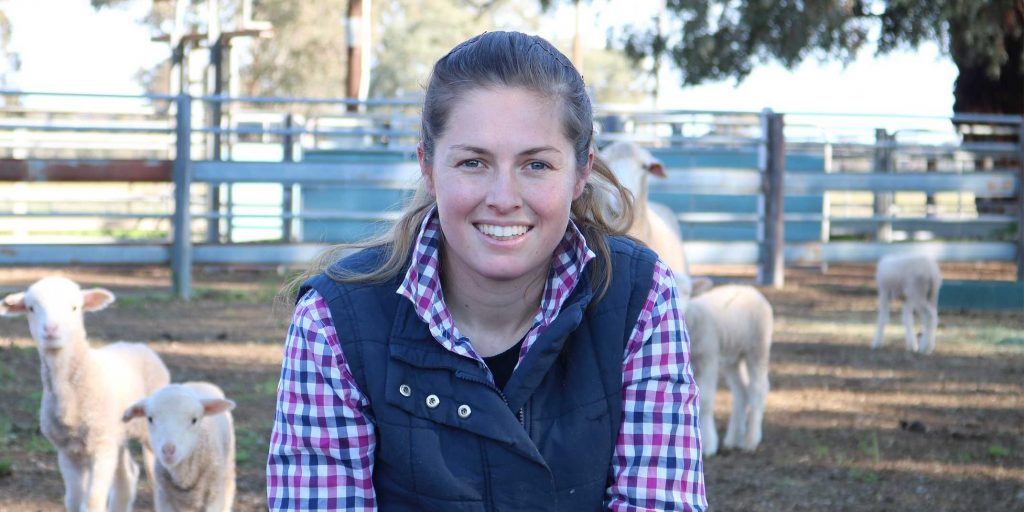Embarking on your PhD journey is like to setting sail on uncharted waters. It’s a true journey of discovery – one that no one else has made before. You’ll be a pioneer, bringing new knowledge to the world. A PhD is a transformative expedition marked by intellectual growth, scholarly inquiry and personal perseverance. However, the path to a doctoral degree can appear uncertain. After all, how long does a PhD take in Australia? And what are the steps in a PhD timeline?
We’re going to break it down for you and make the way ahead clear.
Why a PhD is a good idea
There’s no getting around it, deciding to pursue a PhD is a significant commitment. But with so many benefits.
Like what?
Well, how about the chance to dig deep and unearth never-before-conceived-of ideas in a field you’re passionate about. You get to work at the very frontier of knowledge – and contribute to pushing it forward.
It’s also a chance to make a real impact on academia, industry or society at large. Your ideas could well be transformative in terms of how we think about or do things.
What’s more, a PhD equips you with invaluable skills such as critical thinking, problem-solving, and project management – at the most advanced level possible – which are highly valued in a wide range of careers.
Speaking of which, earning a PhD can open doors to exciting career prospects and advancement opportunities. In many fields, having a doctoral degree is a prerequisite for pursuing leadership roles, for example. Or conducting high-level research. It will enhance your credibility and prestige within your profession, positioning you as a respected authority and thought leader in your field.
A PhD could also be the doorway to teaching at a university – sharing your knowledge and passion with the next generation.
How long does a PhD take in Australia?

There are no strict timelines when it comes to doing your PhD. After all, there are a lot of factors that can influence how long it take. The time you can devote to it and the specific research topic, just for starters.
However, while there is flex, it’s worth understanding a typical timeline for completing a PhD program in Australia. This can provide valuable insights into what’s involved as you consider this academic pursuit.
So, how long does a PhD take in Australia? Well, it typically ranges from three to four years of full-time study. Opt for part-time study and you can double that. You can also combine the two; taking on more of a full-time load if that suits, then easing off if other commitments need to take precedence.
So, if we take that three-four year timeline as a starting point, here are the three primary phases that typically comprise the doctoral experience.
1. Research proposal and confirmation of candidature (6–12 months)
Your PhD journey will begin with the development of a research proposal. You’ll focus in on the topic you want to explore, the questions you want to answer and the ways it makes a unique contribution. When you have an outline, you then find a supervisor who has expertise in that area and who will be able to guide and support you through the project. You can submit your proposal to us at Charles Sturt University and we will link you to the right person.
With your supervisor on board, you’ll start fleshing out the objectives, methodology and significance of your project within the landscape of the field. Part of which will be seeing what’s already out there through a thorough literature review.
Once your proposal is finalised, you’ll undergo a confirmation of candidature process, where you’ll present your research plan to a panel of experts for evaluation and approval. This stage serves as a formal checkpoint to ensure the viability and merit of your proposed research endeavour – and give you the green light to go forth and discover.
2. Data collection and analysis (12–24 months)
With your research plan approved, you’ll proceed to the heart of your PhD journey: conducting original research and collecting data/material to address your research questions. This phase could involve digging through archives, experimentation or fieldwork, depending on the nature of your project.
You’ll be reading, analysing, cogitating, discussing, checking, double checking – all to interpret and make sense of your findings.
3. Thesis writing and examination (12–18 months)
Once you have your findings – whether that’s new insights into ancient literature, a fresh view on historical events, a groundbreaking treatment for a disease or a cutting-edge tool to combat cybercrime – you’ll transition to the final stretch of your PhD journey: thesis writing and examination.
This stage involves synthesising your research findings, articulating arguments, and crafting a comprehensive thesis document that contributes to the scholarly discourse in your field. The thesis writing process, which can be both intellectually demanding and rewarding, typically spans 12 to 18 months and culminates in the submission of your thesis for examination by a panel of external examiners. Following submission, you’ll undergo a rigorous examination process, which may include an oral defence of your thesis, called a ‘viva voce’.
Then you will be awarded your PhD, can put ‘Dr’ in front of your name – and know you have achieved something very special.
How to plan a PhD

Planning your PhD journey requires careful consideration and strategic thinking. Here are the essential steps to help you chart your course towards earning your doctorate.
1. Find a supervisor
One of the most critical aspects of planning your PhD is finding the right supervisor. Someone who shares your research interests, has a deep knowledge of the subject, knows what it takes to earn a doctoral degree, and who can provide guidance and support throughout your journey. Chat to our team and we can find the right fit for your project and link you to a suitable supervisor.

Here’s what Charles Sturt PhD student Kayla Kopp has to say about supervisors.
“You wouldn’t be able to complete a PhD without them. Mine are amazing. Always there to encourage, motivate and help – in person, over the phone or via video call. They’re like your own PhD personal trainer behind the scenes. Good supervisors know the right balance between supporting and guiding you and giving you enough freedom to make your own decisions and generate your own learnings.”
2. Explore funding opportunities
Securing funding for your PhD is crucial to alleviate financial burdens and allow you to focus on your research. Here are some avenues to explore for funding your doctoral studies:
- Scholarships and grants: Numerous scholarships and grants are available to support PhD students in Australia. These funding opportunities may be offered by universities, government agencies, research institutions and private foundations. Explore options such as the Australian Government Research Training Program (RTP) Scholarships – which awards funds to universities like Charles Sturt to fund research student project – university-specific scholarships and discipline-specific grants tailored to your research area.
- Research assistantships and teaching opportunities: You could secure a gig as a research assistant or adjunct teacher at a university. This will not only provide you financial support but also give you valuable experience in academic and research settings. It might also help you decide if teaching is where you want to go after your PhD is completed.
- Industry partnerships and collaborations: If your research project will have a transformational effect on how an industry operates, organisations are going to be very keen to see it come to fruition. So seek out industry partners who could provide financial backing in return for the use of your ideas.
- Research grants and fellowships: Research grants and fellowships may be available through government agencies, research councils, philanthropic organisations, and professional associations. Research grants typically support specific research projects or initiatives. Fellowships provide financial support for the duration of your PhD studies.
3. Assess time availability
Consider your current commitments and think about how much time you can dedicate to your PhD studies. Factors such as work responsibilities, family obligations and personal interests will all come into play. That way you can determine a realistic timeframe for completing your degree. So you can avoid disappointment if you don’t hit unrealistic milestones. And look after your health and wellbeing while you study.
4. Establish milestones and deadlines
Breaking down your PhD journey into manageable milestones and setting realistic deadlines for each stage of your research project is an excellent way to make the journey seem more manageable. Establishing clear goals and timelines helps you stay focused, motivated and accountable throughout the process. Regularly revisit and adjust your milestones based on your progress, evolving research insights and feedback from your supervisor.
5. Build a support network
Navigating the challenges of a PhD journey can be daunting, but you don’t have to go it alone. Build a strong support network: your supervisor, academic peers, mentors, family and friends. And, of course, Charles Sturt’s student services. They can all provide guidance, feedback and also encouragement along the way.
Next steps
From the initial spark of inspiration to the exhilarating culmination of defending your dissertation, every PhD journey is unique, with its own set of experiences and revelations. Whether you’re still at the “is this feasible” stage, or know exactly which topic you want to dive into, the first step is to chat to our team. They can answer questions any questions. Provide information tailored to your ideas and circumstances. And link you with our research staff.
It’s going to be an amazing journey.



You must be logged in to post a comment.